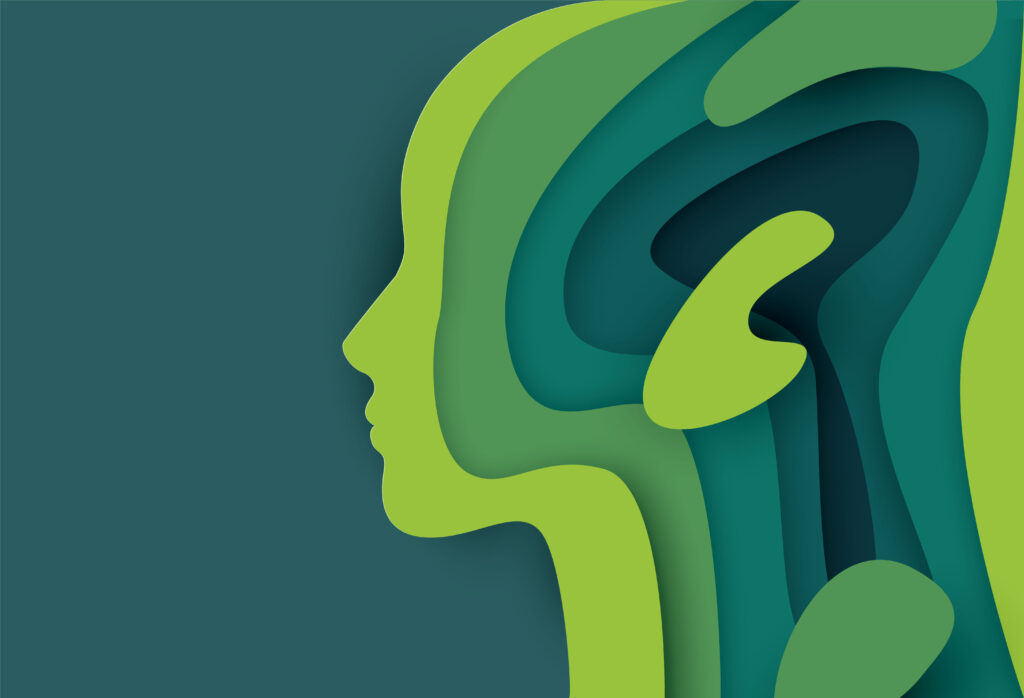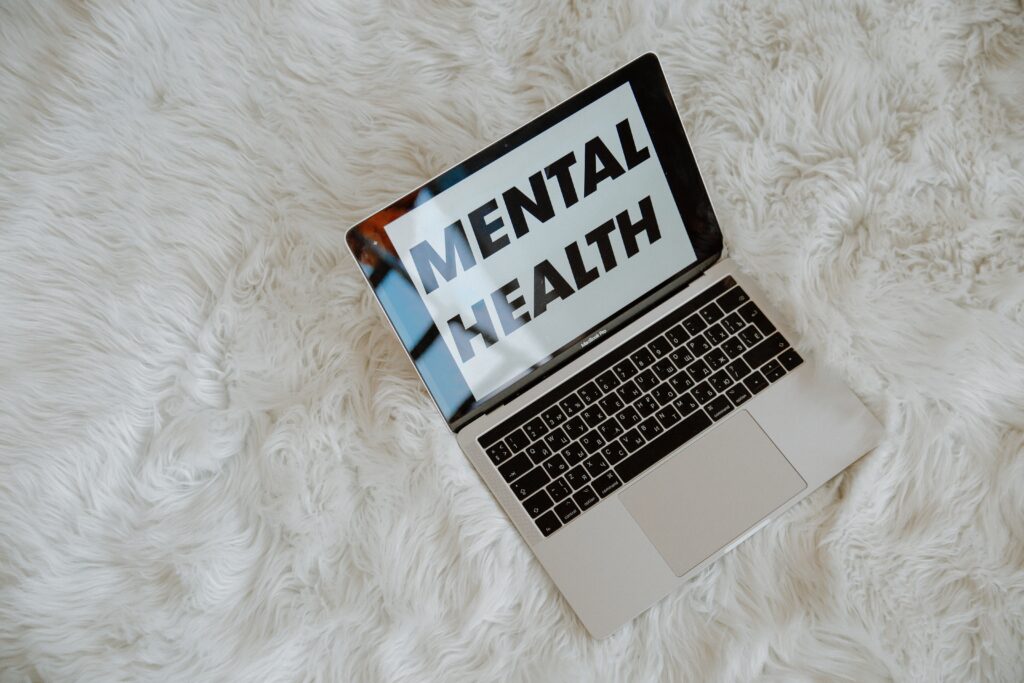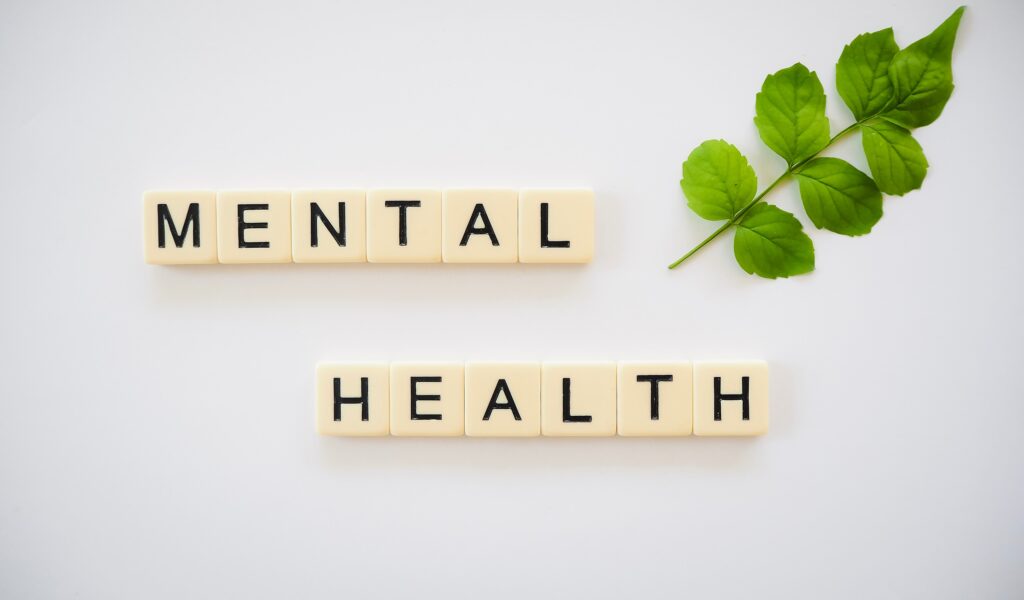Articles

Mental-health professionals explore AI-powered digital therapeutics to treat patients and improve care
The fusion of human ingenuity and machine intelligence is offering an innovative approach to personalized mental-health care. By leveraging AI technology, clinicians and behavioral-health-care facilities can provide tailored treatments for people with conditions such as depression and addiction. They can also use AI to assess the quality of their services and find ways to improve as providers of mental-health care.
These advancements also bring up important ethical and privacy considerations. As technology becomes more involved in mental-health care, ensuring data security, confidentiality, and equitable access to services must be top priorities.

Mental health and illnesses are a population health issue
The government has heeded the call for pharmacare and dental care, which fall outside the Canada Health Act. Mental health care is the obvious third leg of the stool.

Using Client-Therapist Session Transcripts To Train Generative AI On How To Be A Mental Health Therapist
The article explores the intersection of generative AI and mental health therapy, focusing on training AI to perform therapeutic sessions autonomously. Dr. Lance Eliot discusses utilizing real-world transcripts of client-therapist sessions as data to train generative AI models. The goal is to enable AI to mimic the therapeutic process, providing guidance and support to individuals in need of mental health assistance without human intervention. This approach aims to create an always-on, accessible resource for mental health therapy worldwide.

Finch Auto Group President donates $5M for mental health research
The President of Finch Auto Group personally donated $5 million to a London, Ont., hospital for mental health research. Ryan Finch, whose company is headquartered in London, recently made the landmark donation to St. Joseph’s Health Care because he feels mental health is an important part of society and the workplace. The donation is the largest to support mental health care research in Southwestern Ontario. His company subsequently sponsored a program called Breakfast of Champions that has raised about $1 million every year for mental health.

1 in 3 Canadian workers taking time off work for mental health issues
Poor mental health is a big hindrance in the life of many workers.
Overall, about 500,000 Canadians are unable to work due to poor mental health every week. And 38 per cent have taken time off work in the last five years due to mental health issues, including stress, anxiety, depression and burnout, according to a report commissioned by the Future Skills Centre. A mental health emergency is affecting Canadian organizations to the tune of $200 billion each year, according to a previous report. For younger workers, the impact is even greater as 40% of those between 18 to 24 are burned out and at a wellbeing “breaking point”.

Online presentation bringing attention to mental health in the workplace
Niagara District Council of Women is turning its focus to mental health wellness, hosting an online presentation for residents to discuss how the continuing realities of COVID-19 are impacting Niagara’s workforce and learn how workplaces can best support employees. In a media release, Ayonrinde said the mental health of employees is “pivotal” to workplace productivity and believes the “ability of the leadership of organizations to adapt to mental health pressures within their workplace may ultimately translate into the health and viability of the organization.”

Heal Your Mental Health in 2023 With These 7 Daily Habits
Our mental health is the basis for everything we do. It affects every single aspect of our lives. That’s why it’s important to give it the nourishment it deserves. Being intentional about valuing your mental health will help you connect deeper with others, reduce anxiety and boost your confidence. If you’re focusing on yourself this year, try out these seven daily habits into your routine to see big gains in your mental health.

Nova Scotia Launches Provincewide Mental Health and Addictions Peer Support Line
Nova Scotians dealing with mental health and substance use concerns will soon be able to call a toll-free line to talk to people who have overcome similar challenges. Nova Scotia Health’s mental health and addictions program continues to foster a strong partnership with Mental Health Innovations. We recognize the value of peer support in providing holistic, person-centred and recovery-oriented support for Nova Scotians. We are thrilled to continue our collaboration with the development of the peer support line, which will help to strengthen the broader mental health and addictions system of care across Nova Scotia.

Beyond commitments, investing in youth mental health services must be a priority
Many young people are still reeling from the impact of the COVID-19 pandemic – from experiences such as the passing of loved ones to the disruptions to their education, including the provision of psycho-social offerings and the operations of other social institutions. As we look towards COVID-19 recovery and reflect on the lessons learnt, it is crucial that young people are able to access comprehensive and consistent services and programmes that adequately meet their mental health needs.

Mental Health Reset 2022: Striving for Stability
Who wasn’t glad to say goodbye to 2020? The tumultuous year challenged every aspect of our mental and physical health. And 2021 hasn’t been much different. Depression, anxiety, unstable moods, social isolation and existential fear shattered our peace and wore everyone down. Now that 2022 is here and the pandemic’s end is somewhere in sight, resolve to put your mental health back in order. Experts describe steps on how to move forward and reclaim your emotional equilibrium.

COVID-19 pandemic triggers 25% increase in prevalence of anxiety and depression worldwide
In the first year of the COVID-19 pandemic, global prevalence of anxiety and depression increased by a massive 25%, according to a scientific brief released by the World Health Organization (WHO) today. The brief also highlights who has been most affected and summarizes the effect of the pandemic on the availability of mental health services and how this has changed during the pandemic.

Survey reveals shift in how Canadians perceive mental illness
After two years of dealing with the stresses of the COVID-19 pandemic, it’s no wonder that more Canadians now consider mental illness as a disability. According to a recent RBC Insurance survey, more Canadians now consider depression (54%) and anxiety (44%) to be disabilities, the highest figures respectively since 2019.

Anxiety, depression, loneliness at highest levels among Canadians since early pandemic: survey
Anxiety and feelings of depression and loneliness among adult Canadians are at their highest levels — especially among women and frontline workers — since the onset of the COVID-19 pandemic, a report released Tuesday by Toronto’s Centre for Addiction and Mental Health (CAMH) suggests.
